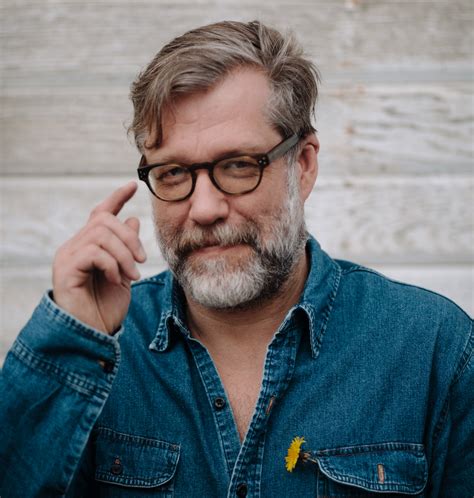A Quote by Timothy Noah
Is class snobbery a social reality in the United States? Absolutely, and the kind that's codified by meritocracy is probably more toxic than the old-fashioned kind based on bloodlines.
Quote Topics
Related Quotes
All these people talk so eloquently about getting back to good old-fashioned values. Well, as an old poop I can remember back to when we had those old-fashioned values, and I say let's get back to the good old-fashioned First Amendment of the good old-fashioned Constitution of the United States - and to hell with the censors! Give me knowledge or give me death!
The United States is a special case, and for me, very interesting. It's studied carefully and we know a lot about it. One of the most striking features of the elections is the class-based character of the vote. Now, class is not discussed or even measured in the United States. In fact, the word is almost obscene, except for the term "middle class." And you can't get exact class data; the census doesn't even give class data. But you can sort of see the significance of it just from income figures.
The traveler to the United States will do wellto prepare himself for the class-consciousness of the natives. This differs from the already familiar English version in being more extreme and based more firmly on the conviction that the class to which the speaker belongs is inherently superior to all others.
An old joke has an Oxford professor meeting an American former graduate student and asking him what he's working on these days. 'My thesis is on the survival of the class system in the United States.' 'Oh really, that's interesting: one didn't think there was a class system in the United States.' 'Nobody does. That's how it survives.
I'm actually genuinely optimistic about the United States and what's possible in the United States. And when you're out here, you see Americans across racial and economic and socioeconomic lines working together. And you maybe get a little bit less cynical than when you sit in the seat of kind of the epicenter of it all.
Money and one of its embodiments, social class, are both riveting and mysterious to children. And if we don't challenge today's stigma around class status, it will warp a new generation's experience of an even more important class - the kind in which they learn. And that's one thing we simply can't afford.

































